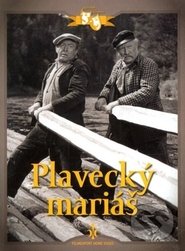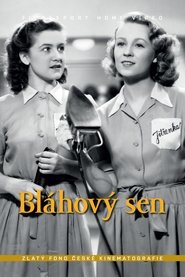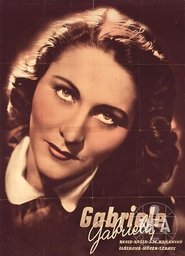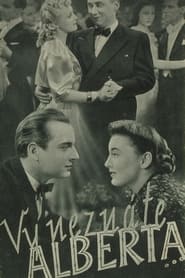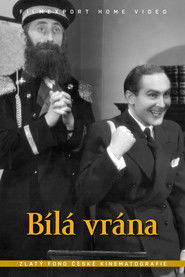detail profile sl c3 a1vka rosenbergov c3 a1
Peran Yang Di Mainkan Slávka Rosenbergová
 Goodnatured and garrulous Schweik becomes the...
Goodnatured and garrulous Schweik becomes the...The Good Soldier Švejk 1957
Good-natured and garrulous, Schweik becomes the Austrian army's most loyal Czech soldier when he is called up on the outbreak of World War I -- although his bumbling attempts to get to the front serve only to prevent him from reaching it. Playing cards and getting drunk, he uses all his cunning and genial subterfuge to deal with the police, clergy, and officers who chivy him toward battle.
 A selfish selfcentered widowed ruler barely...
A selfish selfcentered widowed ruler barely...Once Upon a Time, There Was a King... 1955
A selfish self-centered widowed ruler, barely tolerated by his subjects and called appropriately enough, 'King Myself, First' asks his three daughters to name the measure of their love for him. When one of them says, "more than salt", he banishes her from the kingdom. Not understanding what she meant the King assumes love can only be measured by precious metals or one's own talent, the 'correct' answers from his other two daughters. The arrogance of the King leads him to gather all the salt in the kingdom and destroy it. Of course, this backfires as he slowly learns the universal value of the substance, and of course, the essence of his daughter's reply. With the help of the wise and magical old 'herb woman', the King also learns what it means to be a true and wise ruler.
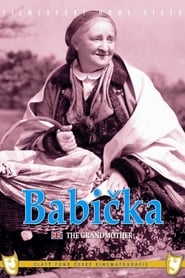 Grandmother is a highly romanticized autobiographical...
Grandmother is a highly romanticized autobiographical...Grandmother 1940
"Grandmother" is a highly romanticized autobiographical novel by a Czech 19th century writer, Bozena Nemcova. It's a classical, compulsory reading in Czech schools, about a wise, working-class woman, happier in her simplicity and good heart than the nobles whom she serves.
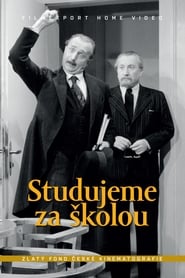 The heroes of the Czech film...
The heroes of the Czech film...We Study After School 1940
The heroes of the Czech film comedy are the students of the Business Academy, who sleep in the school desks under the avalanche of a large amount of study material, without which they say they will not be able to do without in their future profession. One of the least popular teachers is the strict and unyielding Professor Wolf, proud of his textbook. Nevertheless, student life is relatively calm, but only until the holidays come and the students go directly to the field for their holiday practice. The film follows how unhappy the first encounter with business reality turned out for three of them, for Karel Zeman, Ivan Javorský and Vašek Pelíšek...

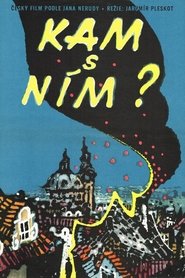
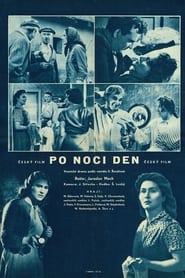
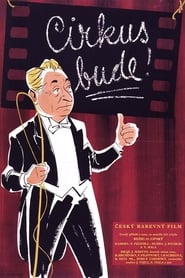 A few busloads of holidaymakers from...
A few busloads of holidaymakers from...